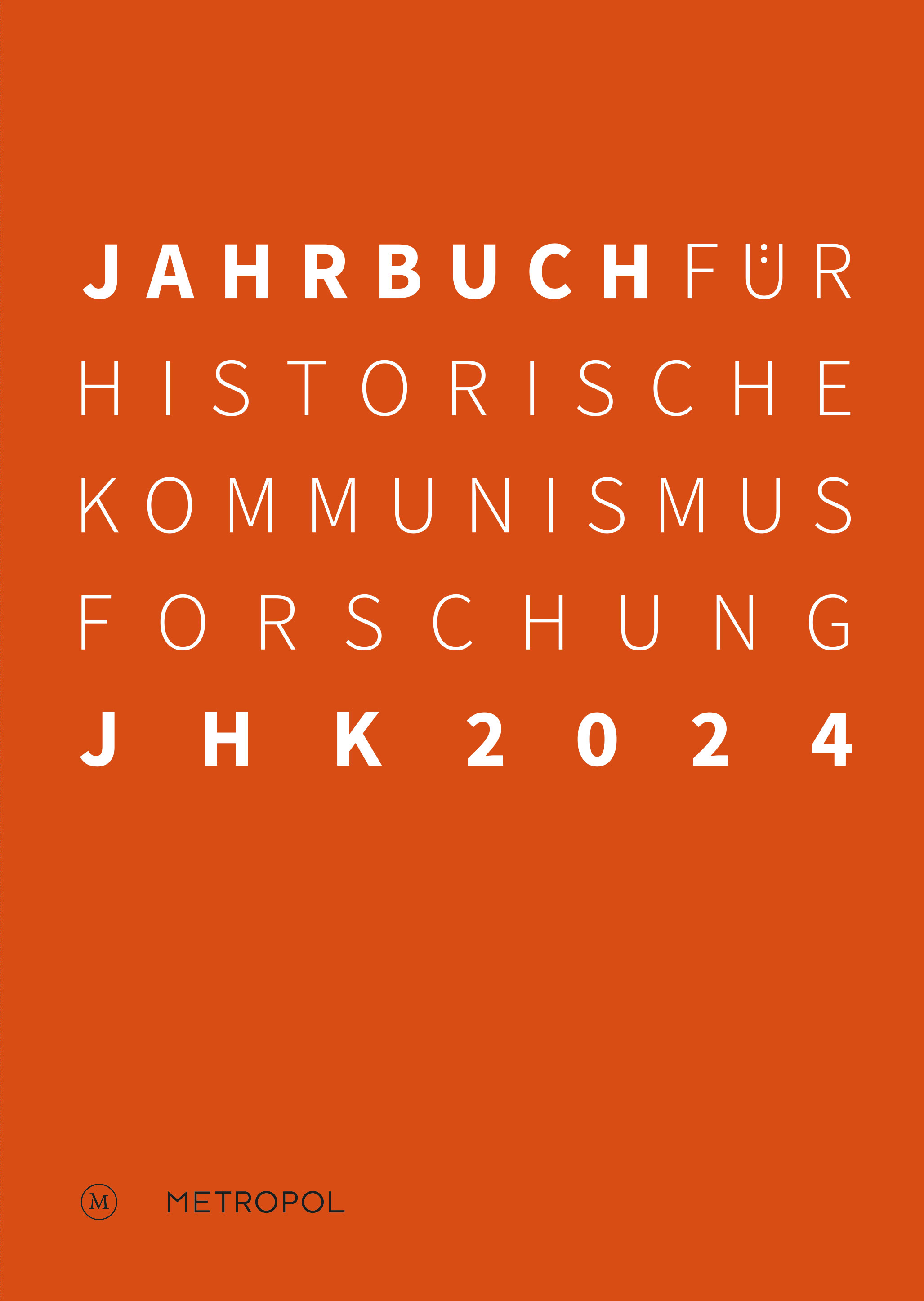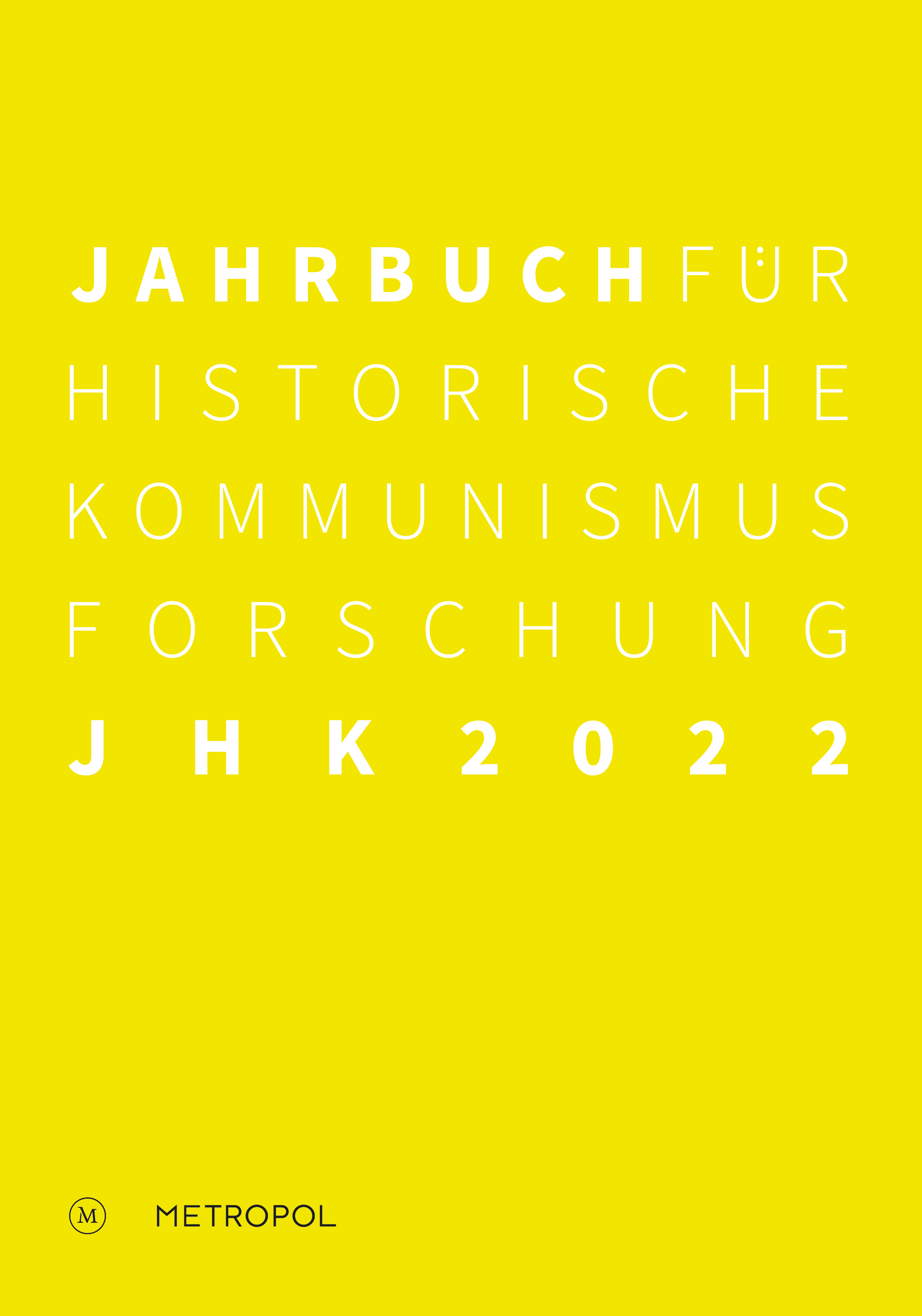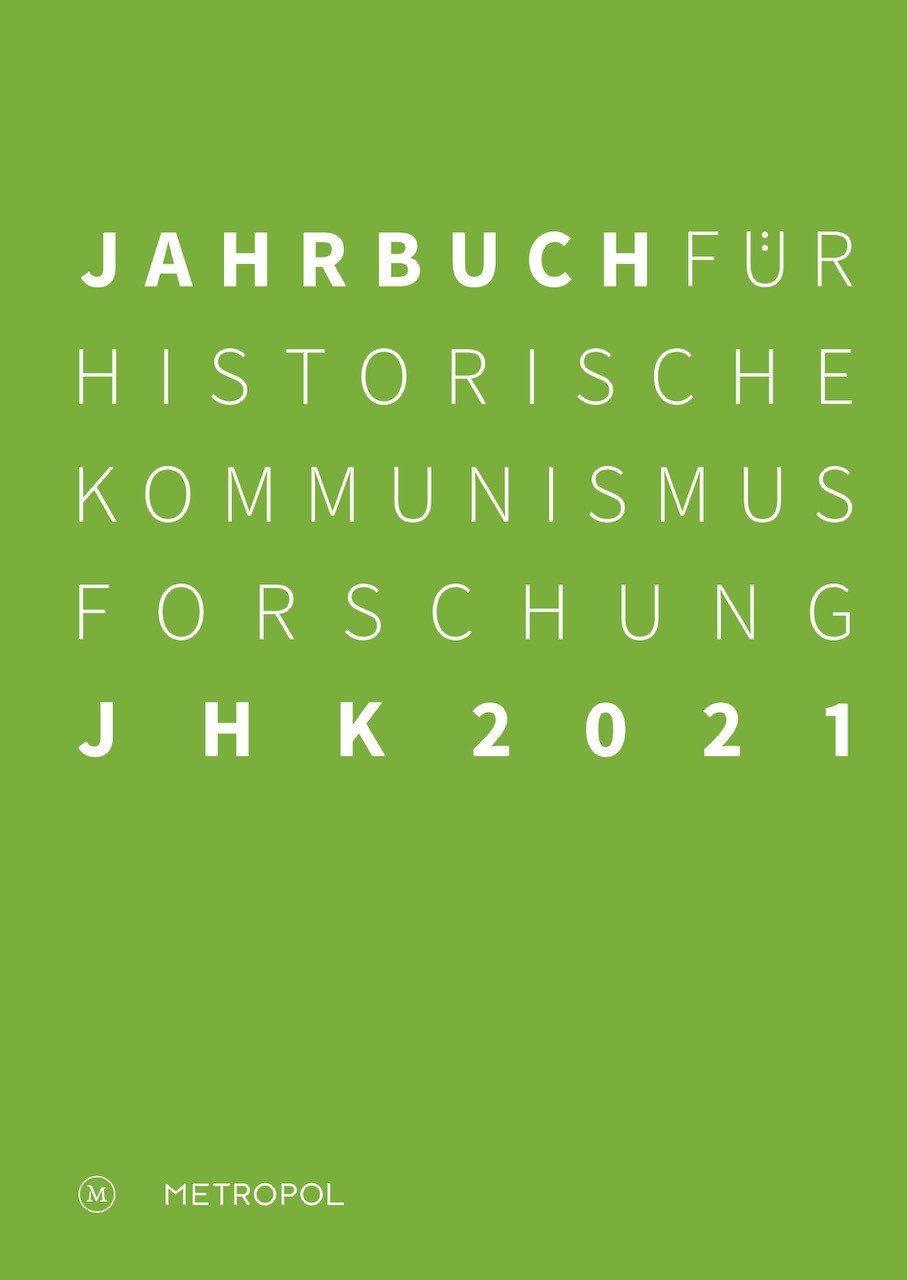Philippe Lionnet: Anpassungen der Wirtschaftspolitik in der Volksrepublik China: die Scharnierjahre 1974/1975, in: Jahrbuch für Historische Kommunismusforschung 2020. Berlin: Metropol Verlag, pp. 155-171.
Abstract
The reforms in China after 1979 are of world historical importance, as they improved the standard of living for millions. However, Chinese economic policies had steered away from orthodox Maoism before. Remarkable developments occurred in the field of foreign economic policy during the 1970s. The pattern that existed as of the late 1960s (self-reliant development) continued in principle, but central planning increasingly included the import of capital goods and grain from advanced economies. Expenses were to be balanced by a targeted build-up of export-capacities e.g. for oil and agricultural products, including the construction of infrastructure such as pipelines, ports and railroads. Chinese reluctance to accumulate foreign debt seemed to diminish, as deferred payments were readily agreed with trade partners. A growing network of trade agreements with economies from Asia to Europe enshrined a legal framework for this strategy, going beyond the US-Chinese rapprochement. This partial opening-up was short lived. The exposure of a planned economy to the world market had made it susceptible to fluctuations caused by the global crises of the early to mid- 1970s. In the face of spiking debt in 1974, rapid corrections were made. Nevertheless, trade and debt had become tangible instruments for modernisation in China.
Über den Autor
Philippe Lionnet, M.A., LL.M., geb. 1986 in Bern. Studium der Geschichts- und Rechtswissenschaften, der Volkswirtschaftslehre und der internationalen Beziehungen (Europastudien) an den Universitäten Bern, Basel und Zürich. Studienaufenthalte in Pittsburgh/USA, Beijing und London. Von 2010–2012 Mitarbeiter des Forschungsprojektes »Stapfer-Enquete« des Schweizerischen Nationalfonds (SNF) an der Universität Bern, ab 2015 Doktorand am Lehrstuhl für Zeitgeschichte in internationaler Perspektive. Von 2013–2015 wissenschaftlicher Mitarbeiter am Eidgenössischen Departement für auswärtige Angelegenheiten (EDA). Seit 2015 bei der Direktion für Außenwirtschaft des schweizerischen Staatssekretariats für Wirtschaft (SECO) als Berater für internationales Wirtschaftsrecht. Veröffentlichungen u. a.: »Commerce mondial: normalisation croissante ou nouveau fossé?« [Welthandel: Wachsende Standardisierung oder eine neue Lücke?], in: La Vie economique 92 (2019), H. 8/9; BREXIT. A Case-in-Point for a Single Market Treaty, Zürich 2018; Researching EU-African Aid and Trade Systems, EUCE/ESC, Pittsburgh 2012; »Die sektoriellen Abkommen Schweiz – EU in der praktischen Anwendung« (mit Adrian Hauri u. a.), in: Schweizerisches Jahrbuch fur Europarecht 2014/2015, Zürich 2015.



